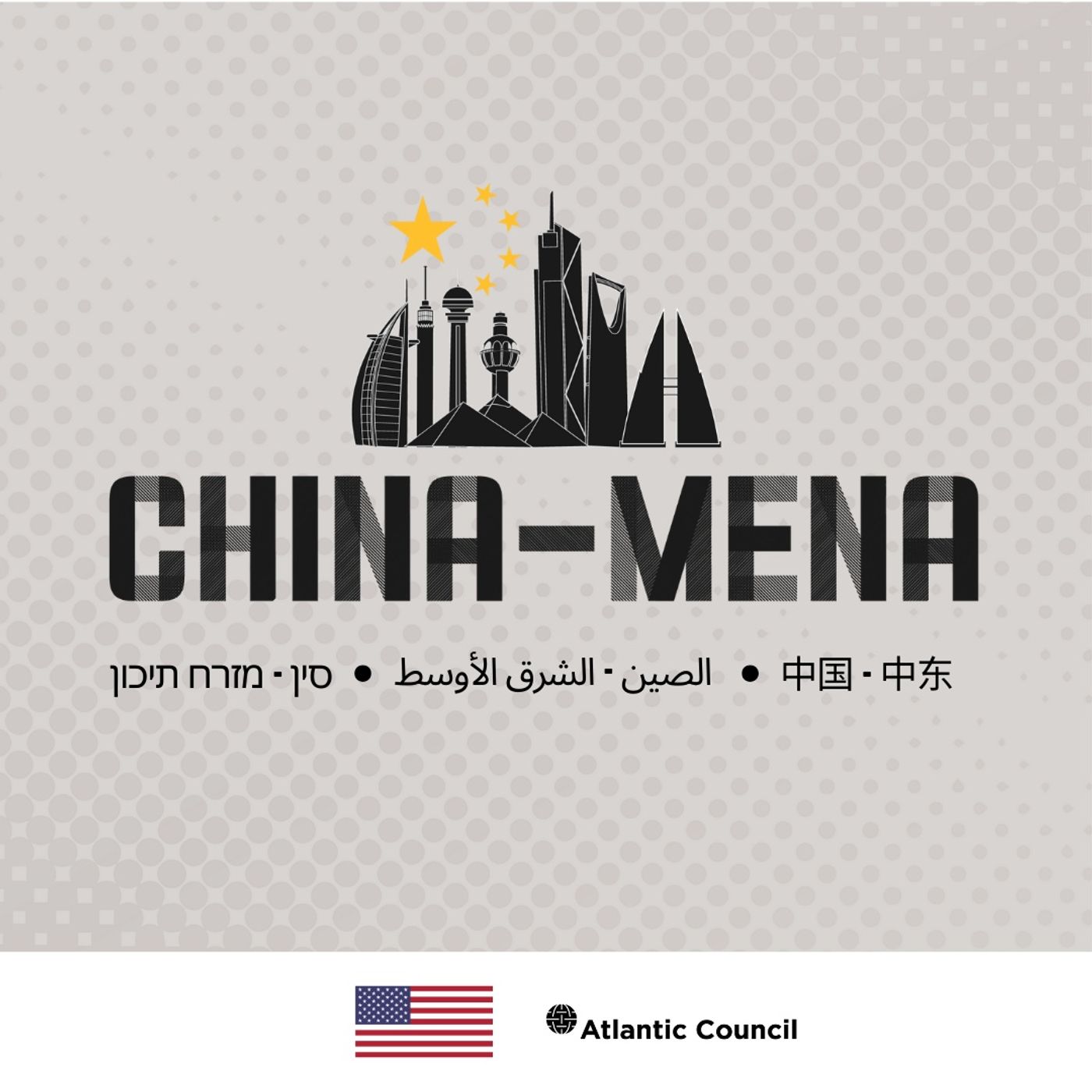Chinese Tech in North Africa
Description
China has been expanding its Belt and Road Initiative around the world, but they are also working on a new version of BRI that utilizes the Digital Space. The initiative was dubbed the Digital Silk Road Initiative. The Digital Silk Road Initiative, or DSRI, is already in motion across the Middle East and North Africa, particularly in North Africa. Chinese big tech companies like Huawei have been assisting North African countries in digitizing their economies to compete with First World countries. These can also lead to wonderful opportunities for North Africans since DSRI promises regional economic growth.
In this podcast, We are joined by Tin-Hinane El-Kadi, a political economy researcher, currently writing a Ph.D. thesis at the London School of Economics and Political Science (LSE), looking at China's Digital Silk Road in North Africa.
They talked about China's Digital Silk Road Initiative and Huawei's role in setting it into action. They also discussed the impression of the Chinese in North Africa, as China begins to establish a political role in the region. They also discussed Chinese ventures that focus on leveraging the digital domain. Data Centers, AI or Machine Learning, Cloud Computing, and 5G Technologies are all examples. Finally, they discussed the future connection between China and North Africa.
Key Takeaways
The Overview of the Digital Silk Road Initiative of China
The Role of Huawei in the DSRI of China in North Africa
Huawei perceived by Other Countries as not a Commercial Company
Deep Chinese Presence in Countries in North Africa
What the North Africans thought of China and Their Presence in the Region
Significant Projects of Huawei and Other Chinese Tech Giants in the Region
Thoughts about the Relationship between China-North Africa
Quotes
I believe there is a disconnect between China's existing economic presence in the area and people's perceptions of China. - Tin-Hinane
Huawei was instrumental in the transition from 2G to 3G to 4G and, most likely, to 5G. It also plays a major role in the enterprise sector, interacting with businesses and setting up data centers, cloud computing, and cloud capacity. - Tin-Hinane
I believe that governments around the region see the BRI as a wonderful chance to develop infrastructure, attract investment, and generate jobs for the region's millions of unemployed. - Tin-Hinane
Featured in this Episode
Jonathan Fulton
Nonresident Senior Fellow for Middle East Programs at the Atlantic Council. Assistant Professor of Political Science at Zayed University in Abu Dhabi
Profile: https://www.atlanticcouncil.org/expert/jonathan-fulton/
Linkedin: https://ae.linkedin.com/in/jonathan-fulton-2627414b
Twitter: https://twitter.com/jonathandfulton
Tin Hinan El-Kadi
Political Economy Researcher whose Work Focuses on China and the Middle East
Profile: https://en.issra-dz.org/tin-hinane-el-kadi/
Linkedin:https://www.linkedin.com/in/tin-hinane-el-kadi-234329171
Twitter: https://twitter.com/tinhinanel
Email/Contact: [email protected]
Chapters
00:00 Introduction
02:17 An Overview of the Digital Silk Road Initiative
05:32 How Does Huawei fit in the DSRI of China
08:37 Other Countries See Huawei as not a Commercial Company
15:43 Deep Chinese Presence in Countries of North Africa
18:44 What the North Africans thought of China
24:31...
More Episodes
In this episode of China-MENA, titled “From the Red Sea to the Indo-Pacific: Expanding Cooperation Between the Gulf and Asia," host Jonathan Fulton engages in a compelling conversation with Dr. Hasan Alhasan, a senior fellow at the International Institute for Strategic Studies. They discuss...
Published 06/06/24
Published 06/06/24
In this episode of China-MENA titled “The View from New Delhi: Can IMEC rival China’s Belt and Road?”, our host Jonathan Fulton and guests Ambassador Navdeep Suri and expert Kabir Taneja explore the India, Middle East, Europe Economic Corridor (IMEC) and its ties to China's Belt and Road...
Published 05/14/24


